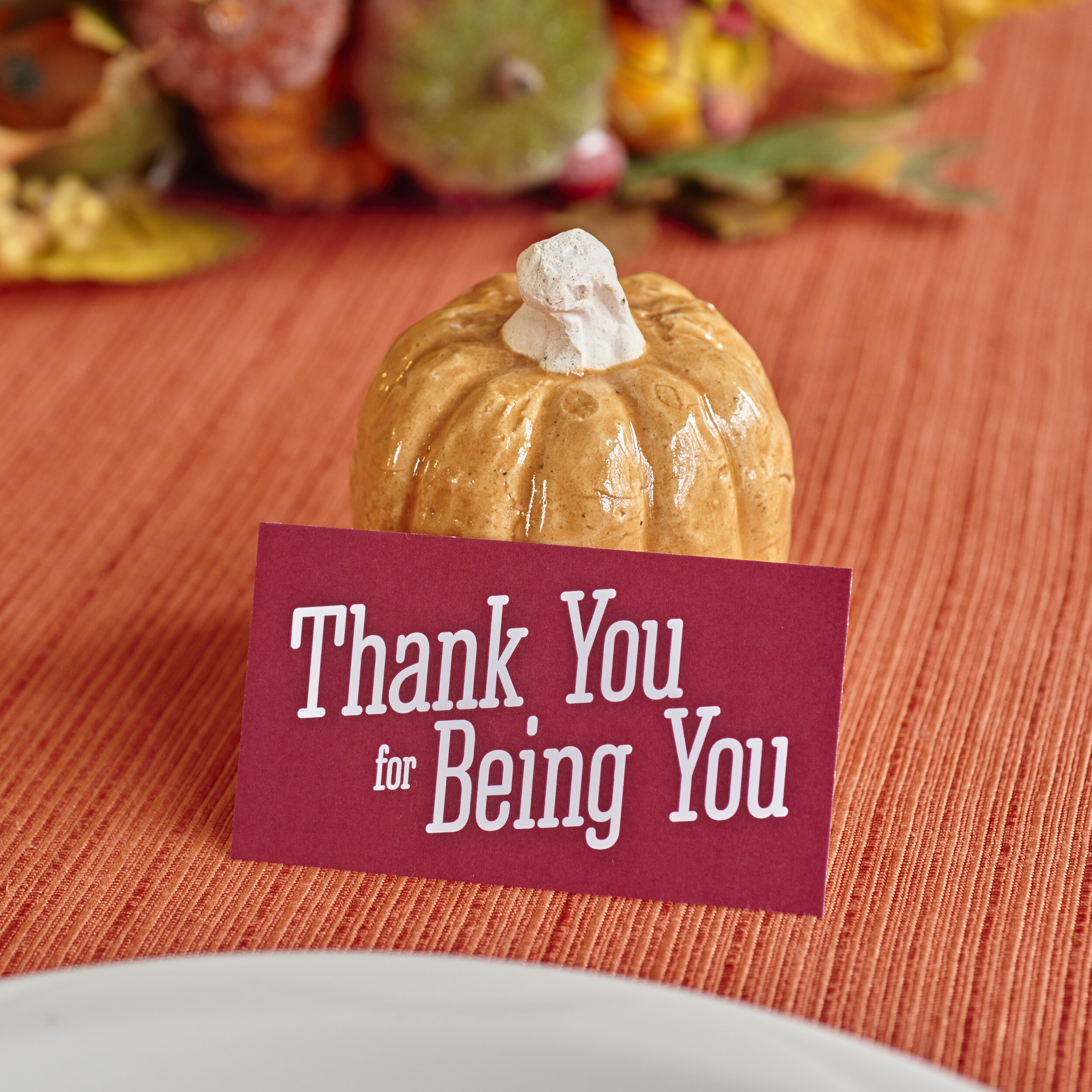Using Kindness Cards in Your Family
I was at the end of my rope with my kids. Then my daughter gave me a stack of cards -- You are awesome, You matter, Love, Patience, Tunafish -- and a handwritten note saying “Thank you for being our awesome dad that reads and loves us.” It totally turned things around.
Below are some ways you can use Kindness Cards to express your love, build trust and goodwill, and deepen your sense of connection as a family. You don’t have to wait for anyone else’s buy-in; just take the lead and see what happens.
Put on your own oxygen mask first
If your own needs for love and attention are not getting met, it can be very hard to be generous and loving with others, so use connection cards to identify and attend to your needs in a healthy way. As a daily practice (or whenever needed), choose a message that feels supportive and relevant to what you are experiencing. Display it somewhere you can see it, carry it with you, or simply internalize the message until it has served its purpose.
Encourage self-care
Put a set of cards in a central location and invite family members to use them the same way as in #1. Even without cards, you can notice when someone seems upset and ask: What do you need?
Express your love, appreciation, encouragement and celebration
As your family members go through the natural ups and downs of life, offer messages that relate to their situation and show that you’re paying attention to what they’re experiencing.
Send cards to school with kids (or to work with adults) in backpacks, folders, lunch boxes
Leave cards around the house for them to find on bathroom mirrors, pillows, placesettings
For family members who don’t live with you, send them a note in the mail with a connection card or two inside
Invite your family members to express care for others
When you listen to the news, or hear what’s happening with friends, neighbors or other family members, consider whether there’s an opportunity to give someone a card (and/or extend some other act of kindness)
Share the opportunity you see, or ask your family if they have ideas for how you (or they, if it’s their friend) could offer care and support
Take an action that feels good and right to you, and/or invite (but don’t force!) them to take an action of their own.
Talk about what happened, and how it felt
Facilitate a family conversation
Cards can be used at the dinner table, or any other time you’re together, to learn more about each other’s needs, experiences, and ideas, or to productively frame a conversation about a specific challenge your family is facing. Some questions you could ask:
Which of these messages could you have used today, and why?
Which of these messages do you think might be useful for you in the day/week ahead?
What messages would you like to hear more often, in general?
What’s missing from this set?

